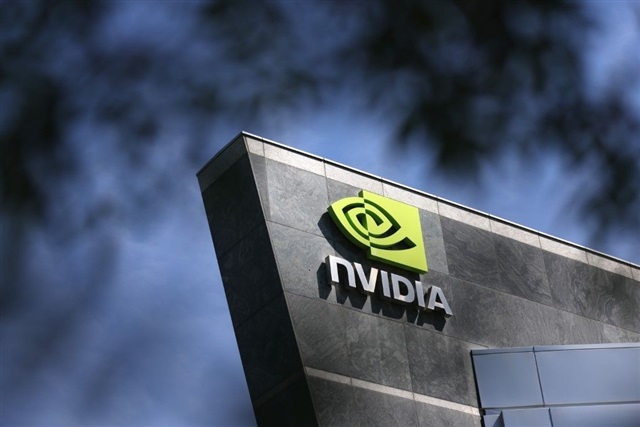Nvidia CEO Jensen Huang has called on Japan’s leadership to expand its energy infrastructure, citing the country’s strategic importance in the rapidly evolving artificial intelligence (AI) landscape. In a meeting with Japanese Prime Minister Shigeru Ishiba, Huang stressed that future AI advancements—particularly those powered by Nvidia’s technology—will require a dramatic increase in electricity supply to support the next wave of data center growth.
Huang’s message was clear: Japan has the technical talent and industrial leadership to be a global AI powerhouse, but without robust energy investment, its competitiveness may stall. The conversation comes as Nvidia continues to scale its AI hardware, including GPUs used in massive training and inference workloads, which consume considerable power.
The visit follows Huang’s recent high-profile trip to Beijing, where he met with Chinese officials amid rising U.S.-China tensions and export restrictions. The U.S. has blocked sales of Nvidia’s advanced H20 data center chips to China, a move expected to significantly impact the company’s revenues in the region. Against this backdrop, Huang is reinforcing relationships with other strategic partners—Japan being a key one.
As AI adoption accelerates globally, infrastructure constraints have become a top concern. Japan, already facing power grid limitations and high energy costs, is now being urged to invest in scalable solutions to accommodate AI-driven growth. Huang’s appeal underscores the emerging challenge of AI power demand outpacing existing supply, especially in developed markets with aging energy systems.
Nvidia’s call to action also signals the increasingly collaborative dynamic between tech giants and national governments. As sovereign strategies for AI take shape, partnerships that align innovation with infrastructure will likely determine which regions lead in the global race for computational dominance.
With AI touching everything from healthcare to industrial automation, Japan’s response could define its role in shaping the future of intelligent systems—and Nvidia’s presence in that journey may prove pivotal.








